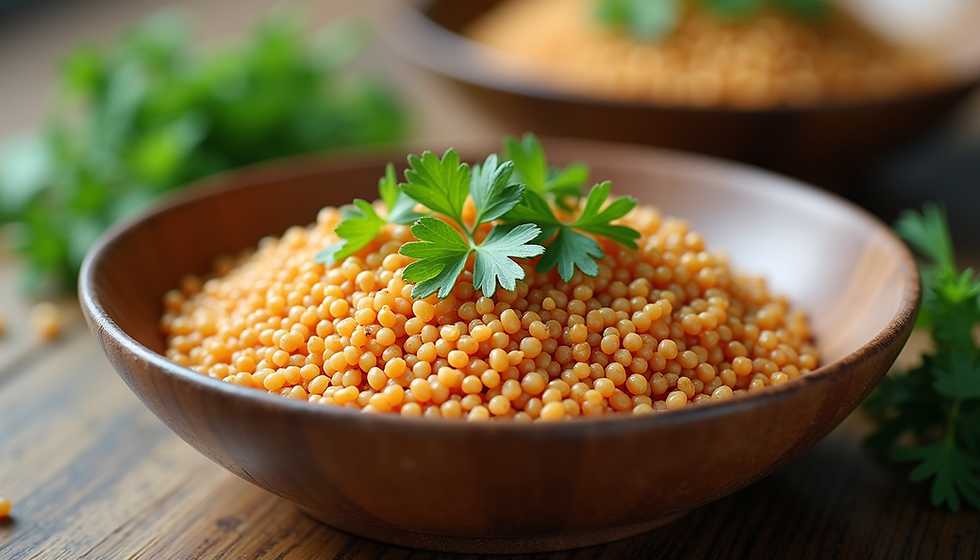Are Beauty Treatments Reinforcing Harmful Ideals About Aging and Perfection?
- Josif TOSEVSKI

- Oct 25, 2025
- 3 min read
Everywhere you turn, it seems like beauty treatments are multiplying faster than rabbits at a carrot festival. From timeless routines that your grandma swears by to the latest techy gizmos that sound like they belong in a sci-fi movie, there's a smorgasbord of options for everyone around the globe. Many women dive into their beauty rituals like they're prepping for a fabulous runway, feeling like queens in the process. But here's the kicker: there's a worrisome uptick in body image issues as people start to fret about aging. This pickle is affecting women of all ages, fueled by the dread of turning into a vintage model!
In Track of Mission Impossible
In today's fast-paced world, trends change in the blink of an eye, especially through social media. Influencers and celebrities showcase beauty treatments as if they are essential, increasing their appeal. For instance, a TikTok trend recently highlighted the usage of lip fillers, causing an explosion in demand, particularly among teens.
Monthly beauty routines have evolved significantly. It's no longer just about haircuts and manicures; many now seek treatments like injectables, chemical peels, and laser therapies. In fact, according to a survey by the American Society of Plastic Surgeons, about 1.3 million Botox procedures were performed in the U.S. last year, a trend that reflects a broader cultural obsession with looking perpetually youthful.
The pressure to keep up is intense. Many young women report feelings of inadequacy when they see friends or celebrities getting the "latest" treatment. Financial stress compounds this issue, as maintaining an extensive beauty routine can cost hundreds to thousands of dollars annually.

Talic Ban on Aging
The societal message is clear: Avoid aging at all costs. While many beauty treatments have been around for years, their popularity has surged. Interestingly, a study from the American Academy of Dermatology found that 50% of women under 30 are seeking anti-aging treatments. This statistic highlights how deeply ingrained the fear of aging has become.
This relentless push for youth can create a toxic cycle. Young women are starting preventive anti-aging treatments as early as their twenties, driven by the belief that looking youthful is essential. Unfortunately, this leads to a paradox: society urges individuals to chase eternal youth while simultaneously shaming them for aging.
Youth is Becoming Burdened by Trends
Today's youth are facing unprecedented pressure regarding their appearance. Many young women feel an overwhelming anxiety to look youthful, even in their late teens. According to a survey from the National Eating Disorders Association, 70% of young women feel pressure to conform to beauty standards presented in social media.
The beauty industry often asserts that aging is something to dread, which can warp one’s self-image. Many young women are pushed into treatments they may not need, all in the name of meeting societal expectations. This scenario can lead to a disappointing cycle where the quest for perfection never truly ends.
The Impact on Mental Health
The pressure to meet beauty standards can severely impact mental health. Research indicates that individuals who frequently engage in beauty procedures often show higher levels of anxiety and depression. For instance, a study published in the Journal of Health Psychology found that these individuals were 35% more likely to experience feelings of low self-worth.
As people chase an idealized version of beauty, dissatisfaction often follows. The constant exposure to highly edited images can skew perceptions, leading people to feel that they fall short of unattainable standards.
Challenging the Narrative
Changing these harmful ideals starts with expanding our understanding of beauty. Encouraging acceptance of diverse age groups, body types, and appearances is essential.
Open discussions about aging can empower individuals. For example, campaigns that celebrate older women and their experiences can promote a healthier narrative. Education is also critical. By informing individuals about the risks and limitations of beauty treatments, we can help them make better choices tailored to their unique needs.
Beauty Treatments
Sure, beauty treatments can make you feel like a million bucks, but they also sneakily whisper that you should look like a teenager forever. The pressure to keep up with these impossible standards can turn anyone into a bundle of nerves and grumpiness.
What if we gave those pesky beauty myths a kick in the pants and embraced a wider view of what beauty really means? Imagine a world where getting older is as cool as getting the latest gadget, and where our quirks are the new black.
In the end, beauty should be about rocking your own skin, not squeezing into society's one-size-fits-all spandex. Let's team up to flip the script and create a world where everyone feels like a superstar, no matter how many candles are on their cake.



Comments